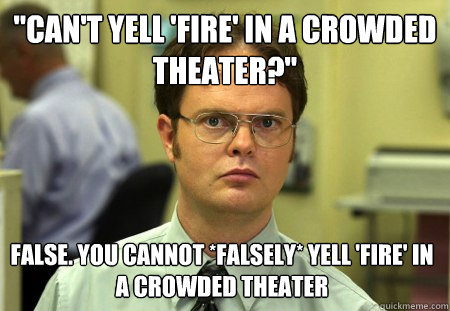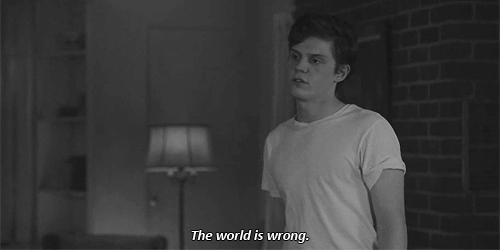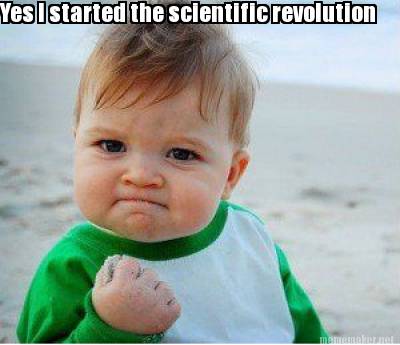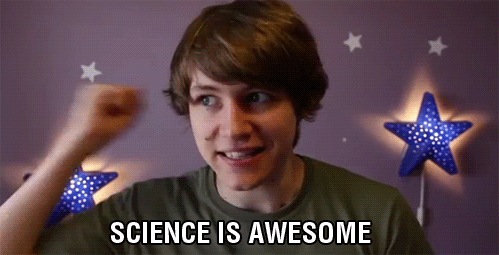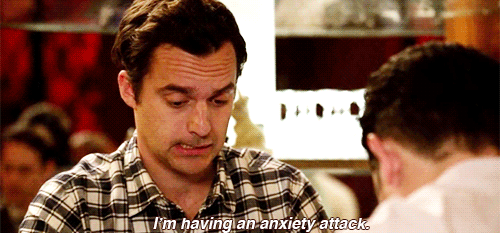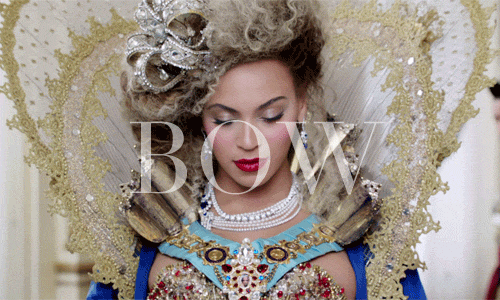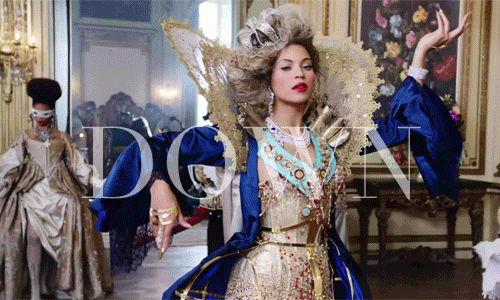Encyclopedia: The Rational Dictionary of the Sciences, the Arts, and the Crafts
Was Denis Diderot's encyclopedia the Wikipedia of the eighteenth century? The 17 volume Encyclopedia intended to teach people how to think critically and objectively. Diderot, along with Jean le Rond d'Alembert wanted to gather all knowledge and write it down. The collection included exaltation of the sciences and industrial arts, questioning of religious, immortality, and the meaning of life, along with open criticism on intolerance, injustice, and some social institutions. The main, intended theme of Encyclopedia was that humans could use reason to expand human knowledge and to make social, economic, and political progress possible. In collecting and editing the information, Diderot intended to educate the masses on how to think critically and use that reason in order to better their world.

The question then arises of the objectivity of Encyclopedia. Diderot included open criticisms on things he thought to be wrong with society, government, etc. Did he intend for readers to agree with his criticisms, and initiate reform? Or did he simply intend to give readers the most knowledge he could, and leave it up to interpretation? Regardless of his intentions (which, for the record, I think are genuinely to spread knowledge and increase society's ability to use reason), Diderot surely inserted opinions into Encyclopedia.
It is these inserted opinions that make Encyclopedia and Wikipedia comparable. Wikipedia is a collection of information in knowledge put together by many different contributors and editors, and is used by many as a primary source for information. Encyclopedia, however, is less general - written for the most part by one man, the information in Encyclopedia is somewhat opinionated, whereas Wikipedia is the combined opinions of many different contributors, sorted out by numerous objective editors.
Voltaire and deism
Deism is defined as the belief in the existence of a supreme creator who does not providentially intervene in the universe. The rise of deism coincided with the Enlightenment as both focused on the belief that man's ability to use reason was sufficient to acquire knowledge and make progress. Voltaire made deism a bit more specific - he believed in a god that was distant, who acted as a "clockmaker." This distant god, according to Voltaire, built an orderly universe, putting all the gears together, and then stepped aside and watched it run.
Voltaire believed that religious intolerance led to fanaticism and savage inhumanity. The last chapter dealt with religious wars - Voltaire believed that if each nation was tolerant of the religious preferences of its population, religious war would cease to occur. Voltaire wrote various works which praised England and its scientific progress. He glorified science and reason - he believed that knowledge and man's ability to think critically would lead to individual betterment and the improvement of social institutions.
Voltaire, however, was pessimistic. He believed that human beings were unable to govern themselves (which differs from Rousseau's social contract theory, which advocated that the sovereignty lied in the population, and that general will was absolute). Thus, Voltaire advocated that the best hope for government is a good, tolerant monarch.
Rousseau's social contract theory
To briefly summarize, Rousseau believed that a social contract existed not between government and general population, but between the individuals who make up society. Rousseau advocated that general will and popular sovereignty were the fundamental bases of government, and that the sovereign power lies in the common interests of the people, not in the monarch. These common interests were not always the majority - compromise and fairness was key in Rousseau's social contract theory.
Rousseau passionately advocated for individual freedom - he believed civilization to be confining. He believed that stereotypes and gender roles were a form of natural law, and that these ideas were undebatable. He especially advocated that women should assume a passive role in marriage and please her husband, care for her children, and keep out of politics.

